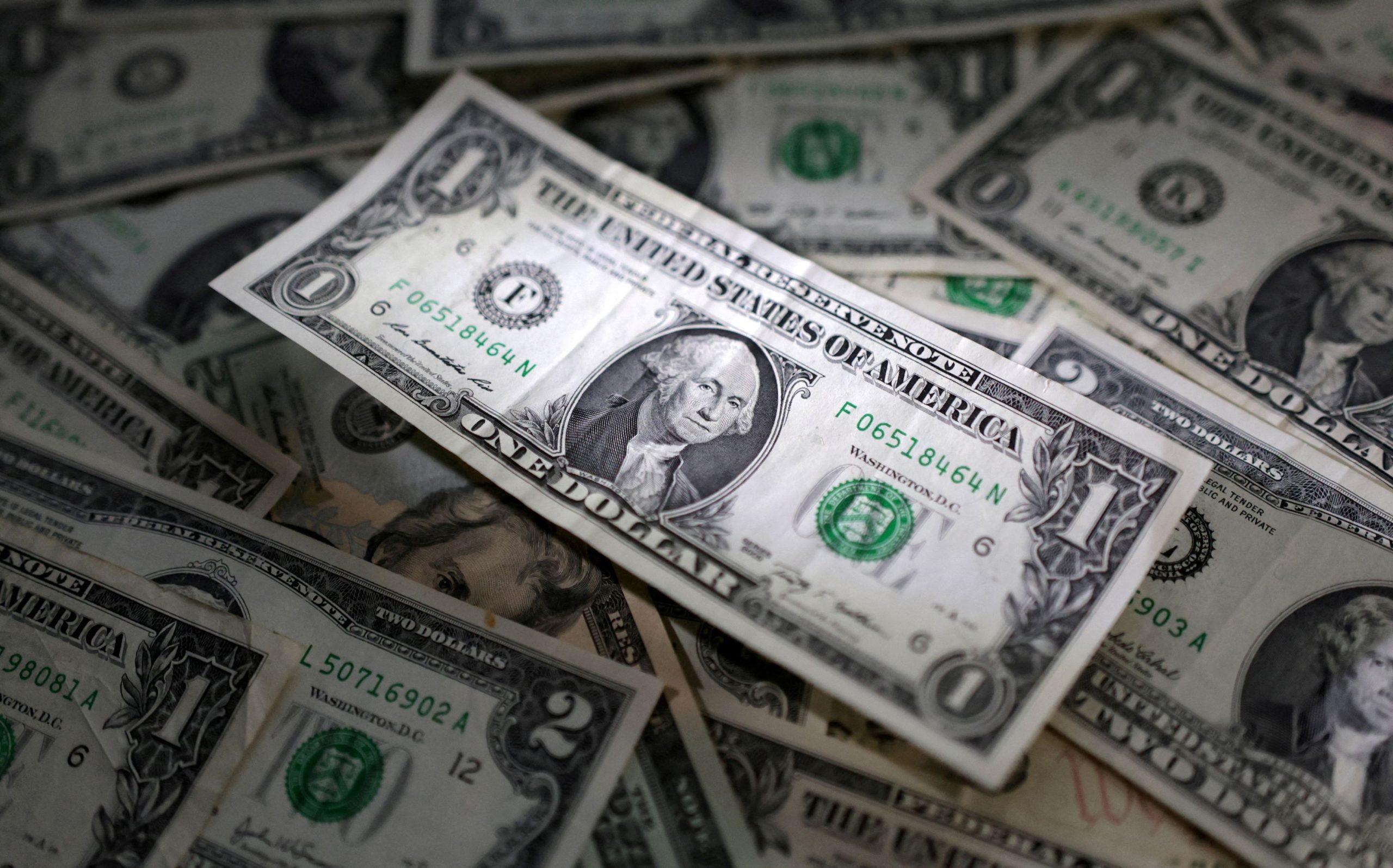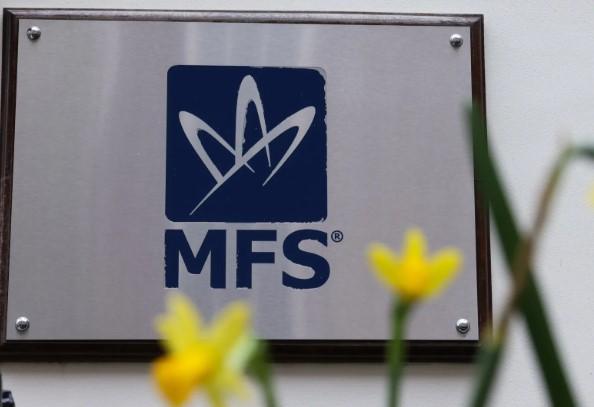As the ratings agency reports, an environment of weak external demand and tighter monetary policy of the Eurozone will create headwinds for Greek growth in the coming quarters.
Data released on 6 September revealed that real GDP growth came in at 1.3%, with the rise driven by strong gross capital formation (+3.2% quarter-on-quarter), while domestic consumption also proved significantly more resilient than previously expected (+0.9%). So Fitch says it has adopted a more optimistic view of the economy’s near-term path, while it has moderated its growth forecast for 2024 from 2.1% to 1.2%, due to the higher base in 2023.
The contribution of consumption
In the near term, private consumption will remain the main driver of growth in Greece, contributing 1.3 percentage points to growth in 2023 and 1.2 percentage points in 2024. Following resilient demand, Fitch expects further weakening of headwinds.
The strength in consumption (which rose 3.2% year-on-year) was supported, in Fitch’s view, by continued gains in employment as well as a sharp decline in inflation from 12.1% year-on-year in September of 2022 to 3.5% in August, a trend it expects to continue in the near future. The unemployment rate maintained its downward trend and employment continued to improve, albeit at a slower pace than in 2022.
Inflation
Fitch forecasts Greece’s end-2023 inflation at 4.2% y-o-y and 2.1% in 2024, while forecasting the unemployment rate to average 11.2% in 2023 and 7.8% in 2024 .These factors will help to further strengthen household disposable incomes and consumer confidence has also made notable gains in recent months.
As a result, Fitch expects the recent decline in retail sales volumes to begin to reverse, particularly as inflation continues to ease. The decline, mainly due to weaker supermarket sales, should be somewhat offset by the extension of the government’s ‘Market Pass’ initiative, a direct subsidy to households for groceries, from July to October.
The role of the ECB
However, the tighter monetary policy framework will increasingly act as a brake on household and business activity. In July 2023, the European Central Bank made what Fitch sees as the final hike in the aggressive tightening cycle that began a year ago, raising the deposit rate to 3.75%.
Fitch expects the higher cost of raising investment capital to lead to a sharp slowdown in gross fixed investment growth from 11.7% in 2022 to 4.7% in 2023. Much of the growth in fixed investment will be driven by the government, as the third tranche of nextGenEU funding is expected later this year, worth around 0.8% of GDP.
The tourism boom insufficient to offset the decline in goods exports
Fitch forecasts net trade to contribute 2.2 percentage points in 2023 as a result of lower import volumes and expects the contribution to turn negative in 2024 due to the recovery in imports. Indeed, the external demand environment has remained weak, as demand for Greek manufactured goods has weakened, resulting in goods exports shrinking by 9.8% and total exports by 1.2%.
The agency expects eurozone growth to be flat until the end of 2023, suggesting that recent weakness will remain in the short term. A strong tourist season, despite the fires in the summer months, has nevertheless boosted earnings, with the increase in arrivals from the US the strongest among Greece’s biggest tourist source countries.
Risks to Outlook
Risks to forecasts are balanced. If growth in the euro area surprises in the second half of 2023, Fitch expects the Greek economy to see further upward pressures through external trade channels, particularly in goods exports. On the other hand, the extent of the negative impact of higher interest rates on Greek economic activity remains highly uncertain.
Fixed investment growth could still surprise to the downside, as the weak external environment reduces firms’ willingness to invest in additional capacity alongside higher borrowing rates. Greek household borrowing for housing, however, tends to be lower than the European average, which is expected to reduce the effects of the ECB’s tightening cycle.
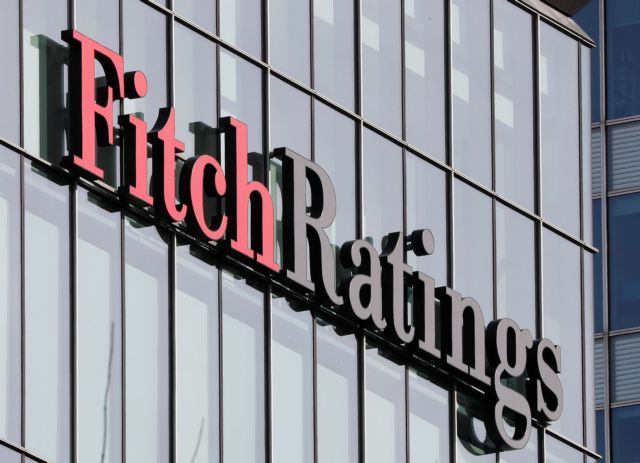

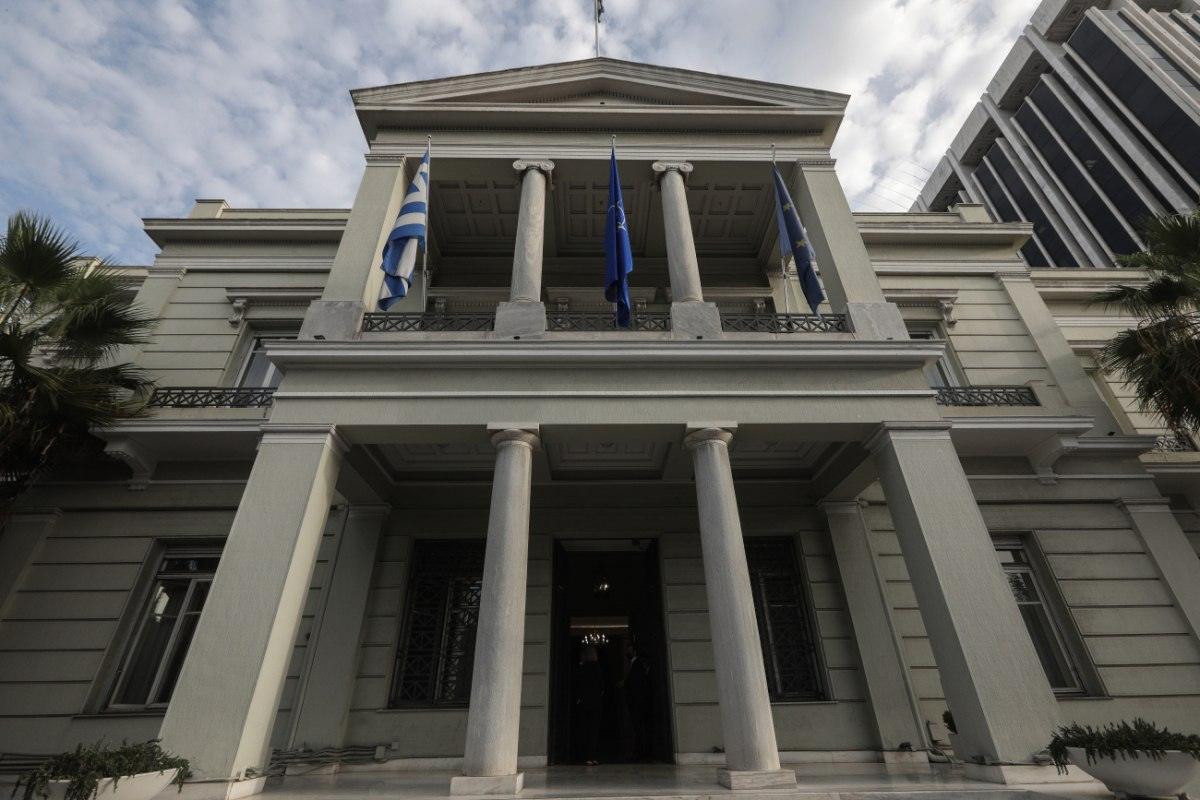
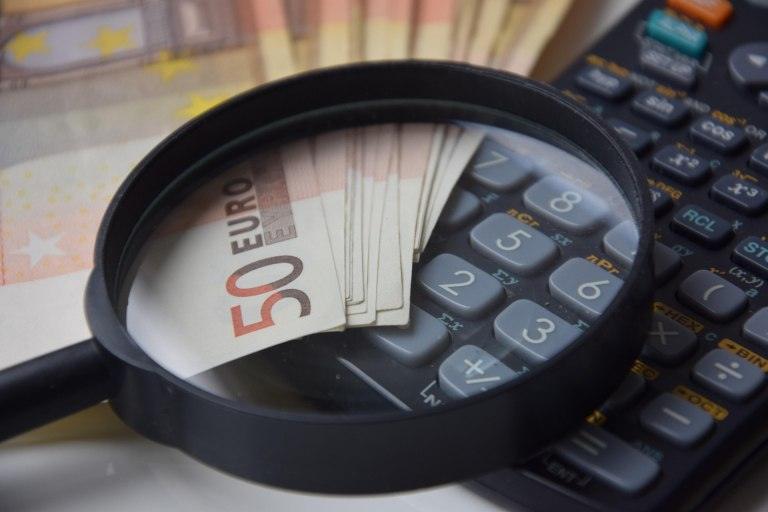


![Ρωσία: Αυξάνει τις επιθέσεις με drones [γράφημα]](https://www.ot.gr/wp-content/uploads/2026/02/UKRAINE-DRONE-ATTACK-300x300.jpg)




















![Ρωσία: Αυξάνει τις επιθέσεις με drones [γράφημα]](https://www.ot.gr/wp-content/uploads/2026/02/UKRAINE-DRONE-ATTACK.jpg)




